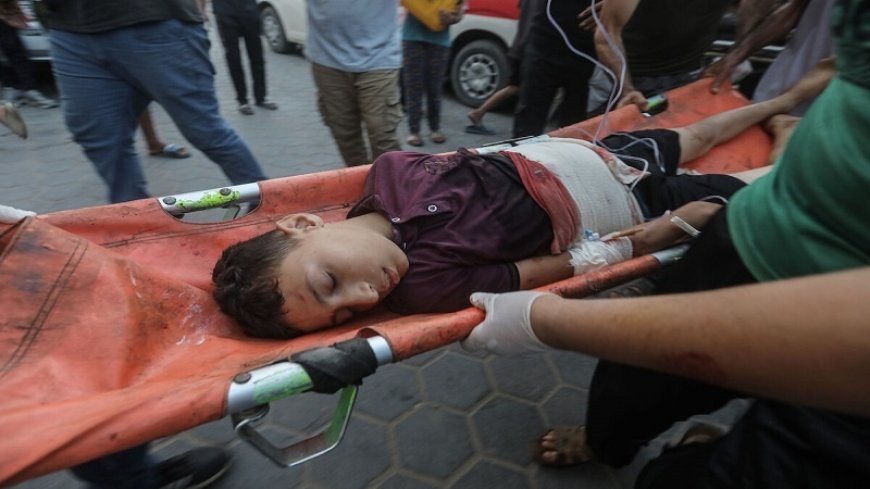Ongoing Violence in Gaza: Escalation of Conflict and Humanitarian Crisis
The conflict in the Gaza Strip continues to escalate, with Israeli military actions causing widespread devastation and an increasing humanitarian crisis. Over the past nine months, Israeli forces have carried out sustained attacks, resulting in significant casualties and further exacerbating the dire situation in the region.

The conflict in the Gaza Strip continues to escalate, with Israeli military actions causing widespread devastation and an increasing humanitarian crisis. Over the past nine months, Israeli forces have carried out sustained attacks, resulting in significant casualties and further exacerbating the dire situation in the region.
According to the Palestinian Information Center, the blockade of humanitarian aid and essential supplies has led to severe famine conditions, particularly in the northern parts of Gaza. As the conflict persists, the living conditions for residents continue to deteriorate, with the most vulnerable populations bearing the brunt of the crisis.
Israeli artillery units have recently targeted the towns of Al-Nasr, Al-Fahari, and Al-Shuqa, east of Rafah, causing extensive damage and loss of life. Additionally, Israeli warplanes and artillery conducted numerous strikes across the Gaza Strip, hitting residential areas, gathering places, and streets crowded with displaced individuals. These attacks have resulted in the deaths of dozens of Palestinians and injuries to many others.
The Al-Shujaiya neighborhood has endured continuous assaults for nine consecutive days. The Palestinian Red Crescent reported that its medical teams discovered the bodies of one martyr and three wounded individuals following drone strikes by Israeli forces on El Sake Street, east of the Jabaliya camp in northern Gaza.
In one particularly tragic incident, an entire family of five was killed when a residential house on the old street in Jabaliya was bombed. The Gaza Ministry of Health reported that two women were martyred, and several others were injured in airstrikes on the El Derj region of Gaza. Rescue teams are still searching for the bodies of two children trapped under the rubble.
The Palestinian Ministry of Health has reported staggering figures, with the death toll in the Gaza Strip reaching 38,011 people and the number of injured surpassing 87,445 since the conflict intensified on October 7, 2023.
International humanitarian organizations and human rights groups have repeatedly called for an immediate ceasefire and the facilitation of humanitarian aid to the affected areas. The ongoing blockade and relentless military actions have led to an acute shortage of food, medical supplies, and essential services, compounding the suffering of the civilian population.
Despite these calls, the situation on the ground remains dire, with no resolution in sight. The continued violence underscores the urgent need for diplomatic intervention and a concerted effort to address the humanitarian crisis and work towards a lasting peace in the region. The international community's response and involvement will be crucial in determining the future of Gaza and its people.













































